Find the best debt collection agency in Oceania
Never worry about collecting unpaid invoices in Oceania again. Debitura connects you with the best collection agencies in Oseania.
The ultimate guide to debt collection in Oceania
If you want to learn how to collect debts efficiently in Oceania, this guide is for you! This guide helps businesses learn practical techniques for collecting money owed in Oceania. It includes information about how to communicate with customers about unpaid invoices, how to negotiate payment terms, and more. With the knowledge gained from this resource, companies can confidently collect debt from delinquent payers.
We will work hard to get you your money on time. Our platform works with the best debt collection lawyers and agencies in all 14 countries across Oceania. So you don't need to worry about people not paying you! With our help, you can be sure that anyone you do business with will pay you on time and as agreed.
Oceania is composed of 14 independent countries, which vary in size, population and economic output. Located across the Pacific Ocean, Oceania is home to more than 44 million people spread across its 8.5 million square kilometres of land. It has some of the world’s most diverse cultures, with many countries having a blend of Christian and indigenous religions. Additionally, there are 30 official languages in Oceania, making communication with debtors an essential part of any collection process.
Oceania countries have a wide range of economic output, from the developed economies of Australia and New Zealand to the developing nations of Papua New Guinea and Palau. The region’s collective GDP stands at $1.63 trillion (2018), with its per capita income at $41,037.
In Oceania, debt collection is an important part of doing business. But it can be difficult because each country has different laws and customs. This guide provides information about how debt collection works in Oceania. We have also written other articles with tips for collecting debts from people in each country.
We will explore different ways to get people to pay the money they owe you. This includes talking to them outside of court, reaching an agreement, going to court, and more. We will also discuss how it is essential to understand cultural norms when doing business with people in Oceania. Additionally, we will look at how people in Oceania usually behave when paying for things.
Working with Debitura gives you access to our extensive network of local debt-collection experts in all 14 Oceanian countries. You will get help from people who know a lot about this topic and can be very helpful. Now that you know what we offer, let's learn more about how debt collection works in Oceania!
The Oceanian economy
The economy of Oceania is predominantly driven by the three countries of Australia, New Zealand and Papua New Guinea. These three countries account for around 98 percent of the combined GDP for the region, with Australia leading the way with an impressive nominal gross domestic product (GDP) of $1.63 trillion, making it one of the largest economies in the world. Additionally, Australia has the second-highest GDP per capita of $41,037, demonstrating its wealth and high standard of living. The remaining 2 percent of the regional GDP is contributed by the other small island nations in Oceania.
Australia is a country that is developed and has a mixed-market economy. As of 2022, Australia was the 14th largest economy by the number of money people make (Gross Domestic Product), but when you adjust for the cost of living, it is the 20th largest. Additionally, Australia exports and imports a lot of goods and is ranked 22nd and 24th, respectively.
Australia had the longest run of uninterrupted GDP growth in the developed world as of March 2017. This means the country's economy was doing well for 103 quarters, or 26 years, without any significant recession. As of June 2021, Australia's GDP was estimated to be A$1.98 trillion.
The Australian economy is primarily service-based, meaning many jobs are in fields like customer service or healthcare. In 2017, this made up 62.7% of the GDP. However, during the mining boom from 2009 to 2010, the mining industry contributed 8.4% of the GDP. Even though there's been a decline in mining lately, Australia's economy is still doing well and didn't have a recession from 1991 until 2020.
The Australian Securities Exchange is a place where people can buy and sell stocks. It is located in Sydney, Australia. It is the 16th-largest stock exchange in the world. The currency of Australia is the Australian dollar.
Australia's economy is very connected to the countries of East and Southeast Asia. This means that a lot of Australia's exports go to these countries. In 2016, about 64% of Australia's exports went to these countries. China is by far the biggest export and import partner for Australia. This means that Australia sells many products to China and buys many products from China. Australia is also a member of the APEC, G20, OECD and WTO. Australia has forged free trade pacts with ASEAN, Canada, Chile, China, South Korea, Malaysia, New Zealand, Peru, Japan, Singapore, Thailand and the US. The ANZCERTA partnership between Australia and New Zealand strengthened their economic bond. For this reason, in 2011, a plan was devised to form an Australasian Single Economic Market by 2015 that would further integrate both economies.
New Zealand is a significant exporter of agricultural products such as lamb, beef and dairy, with the agricultural industry accounting for around 11.6 percent of its overall GDP. The service sector generates over half of the country’s income and includes activities such as retail, finance, healthcare and tourism.
Finally, Papua New Guinea is mainly dependent on its natural resources for economic growth and development. Mining accounts for 40-50 percent of its GDP, while the agricultural industry - which includes the production and exportation of coffee, cocoa and palm oil - contributes around 25-30 percent. Additionally, timber and gold are essential exports for Papua New Guinea.
Overall, Oceania’s economy is primarily driven by Australia and New Zealand, but other countries in the region play an important role in contributing to the region's overall wealth. With a steady growth rate and diverse sources of income, Oceania is continuing to develop economically and remains one of the most prosperous regions in the world.
The challenge with late payments in Oceania
People in Oceania have had trouble paying their bills on time for a long time. This has caused financial problems for many businesses and individuals.
71.5% of companies offer credit to B2B customers in Oceania
It's pretty typical to sell goods and services on credit in Oceania - particularly B2B invoices, where most industries make more than half their sales through this method. Overall, 71.5% of all B2B invoices offer credit terms in Oceania.
Granting credit to your customers can provide an outstanding opportunity for businesses - increasing sales from current patrons and attracting new ones and remaining competitive in the industry. With its numerous advantages, offering credit is a strategy that all companies should consider!
Oceanian companies offer extensive credit terms.
The potential drawback of providing customers with credit is the financial risk associated with late payments. Late payment of invoices is a significant issue in Oceania. The average credit terms for Oceanian trade is approximately 30 days, but significantly lower (24 days) in Australia.
Compared to other Asian Pacific countries like Taiwan, Japan, and India, the payment terms in Oceania are relatively short.
It takes time to settle overdue invoices in Oceania
Approximately 75% of all businesses in Oceania experience customers paying late. The manufacturing industry suffers the most, with 88% of businesses experiencing late payments.
Roughly 42% of all B2B invoices are overdue, and 6% are written off as bad debt. Many smaller businesses witnessed a decline in their cash flow, as Days Sales Outstanding (DSO) became increasingly longer. When these companies were confronted with a temporary lack of liquidity options, they often resorted to external financing—which came at an incredibly high price point.
Common factors causing B2B customers to delay invoice payments include a lack of liquidity, administrative hindrances in the payment process, disputes with clients, intentional late payers and bankruptcies.
With these figures, it’s easy to see that late payments can be a substantial financial burden for businesses in Oceania. This is why debt collection methods are essential to ensure overdue invoices don’t damage the bottom line.
Companies in Oceania face several potential future threats, including rising oil costs, escalating inflation rates, ongoing uncertainty around COVID-19 and its impacts on global trade, and geopolitical conflicts. This is causing severe anxiety within businesses over the possible damage to their bottom line. Despite these challenges, many companies remain optimistic that B2B payment practices will improve in the coming year. Offering customers trust rather than expecting a lump sum may enable sales growth and loyalty-building opportunities; however, this could also extend DSO levels which might negatively impact liquidity.
Be proactive when selling on credit in Oceania.
These figures make one thing obvious: businesses must guarantee that their invoices are paid in a timely manner, which is why debt collection should be an essential part of any successful business.
Mastering debt collection is essential for any company's prosperity. Here are some valuable tips to get you off on the right foot:
- To ensure a smooth relationship, both parties should clearly understand payment terms before commencing any agreements — this allows everyone to be on the same page and establishes expectations.
- Keeping on top of invoicing and payment reminders is key to ensuring customers remain informed about their payments. Ensure you send out regular invoices with friendly yet firm reminders when necessary.
- Staying in touch with clients regarding overdue payments is essential to finding solutions quickly and effectively. Keeping open communication lines is critical for achieving the desired outcome.
The regulatory framework for debt collection in Oceania
Before starting any debt collection process, creditors must have a good understanding of the laws and regulations of their debtor's home country. For example, if attempting to collect money from an Australian client, you must obtain the necessary permits for your activities and be knowledgeable about court proceedings should recovery require more forceful measures. By having full knowledge of jurisdiction-specific rules related to Oceanian debtors, collectors are better equipped with the information they need to recover what is owed successfully.
The legal system of Oceania is built upon the principles of fairness and justice. New Zealand and Australia are two countries within this region that share similar laws, which can be traced back to their common British colonial heritage. These countries both employ a common law system where judicial decisions serve as precedents to help settle disputes. The common law system also plays a vital role in interpreting legislation and contractual agreements.
The legal system of Oceania comprises various courts that are responsible for hearing cases involving civil, criminal and administrative matters. Each country has its own unique court structure with varying degrees of jurisdiction over particular types of cases. For example, New Zealand has a Supreme Court and High Court, while Australia has a Federal Court and High Court.
Additionally, Oceania is home to several regional tribunals which serve as alternative dispute resolution forums for legal disputes that would otherwise be heard in court. For example, the Pacific Disputes Resolution Centre (PDRC) provides an informal forum for Pacific nations to settle disputes related to maritime boundaries and other matters.
Overall, the legal system in Oceania is well-developed and provides citizens with access to justice. With its mix of common law systems, courts and tribunals, individuals living within this region can be assured of fair judicial proceedings no matter their situation.
In Australia, the Australian Securities and Investments Commission (ASIC) and the Australian Competition and Consumer Commission (ACCC) both have a duty to enforce federal consumer protection laws concerning debt collection activities. Generally speaking, ASIC's area of responsibility focuses on debts that involve offering financial services such as credit agreements. Meanwhile, when collecting unpaid expenses for goods or services unrelated to financial dealings, ACCC takes charge.
In New Zealand, debt collection is regulated by The Fair Trading Act 1986 and governed by the Commerce Commission.
The New Zealand Commerce Commission is responsible for ensuring that all debt collection practices are carried out fairly and transparently. This means that debt collectors must provide consumers with relevant information concerning their rights and obligations under the law. They must also refrain from intimidating or aggressive conduct when attempting to recover unpaid debts from individuals.
The debt collection process in Oceania
Regarding recovering debt, each Oceanian nation has its own set of regulations. To make things simpler, we have summarised our standard procedures in the image below:
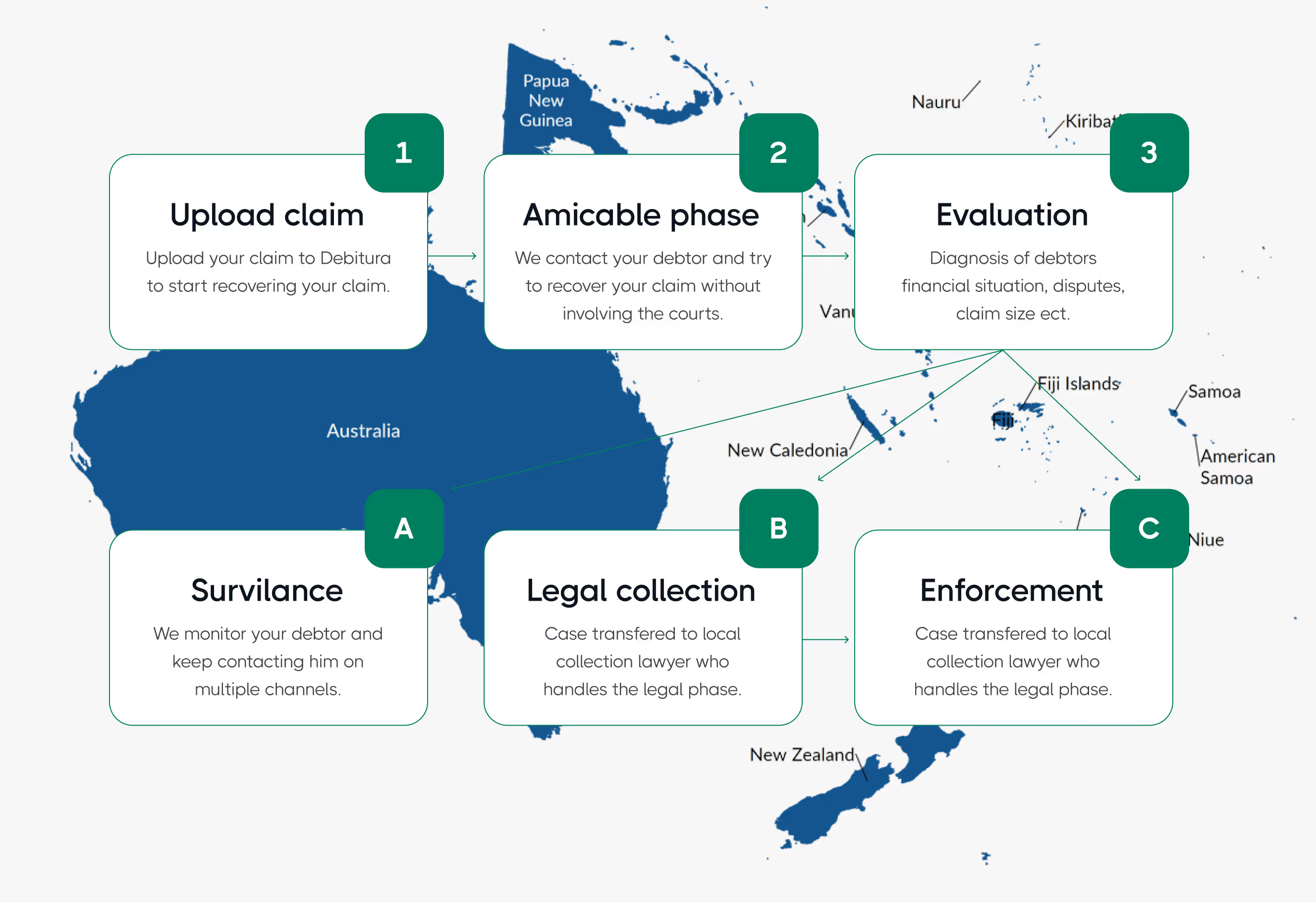
1 Upload your claim:
When you need debt collection assistance, Debitura is here for you. We offer three free quotes from local Oceanian partners that specialise in debt collection. All we require are a few pieces of your information - it's easy! No matter the magnitude or complexity of your case, our expertise, combined with our expansive resources, promise to get you back the money owed to you.
2 Amicable collection:
At Debitura, we provide a unique solution that allows you to benefit without taking any financial risks. Our debt collection process is simple and effective - our team will contact the debtor via email, SMS message, letters or other communication networks in their country until payment is received or an instalment plan has been established. With our help, we guarantee that your debtors understand their obligations and take action accordingly.
3 Evaluation:
After the amicable stage has failed to yield payment, it is crucial to consider the next steps. Before deciding on a course of action, let us examine the specifics, such as how much money is owed and if there are any possibilities for repayment in the foreseeable future. Generally speaking, three options exist:
A Surveillance:
If you are owed a sum less than $5000, it may not be worth pursuing legal action. In such cases, debt surveillance could prove to be the best solution. Our team will use all possible techniques to contact and negotiate with the debtor so as to ensure an outcome that works for both of us.
B: Legal collections:
If you are dealing with large claims, it might be sensible to take legal action. Debitura has collaborated with leading debt collection attorneys throughout Oceania to provide specialised counsel and a precise quote for your case.
C: Debt enforcement:
In the event of an admission of debt or court order, the bailiff's court can ensure that your lawful claim is efficiently executed.
Summary
Collecting unpaid invoices can be difficult in Oceania. However, businesses can benefit from adopting a few strategies. By comprehending local laws and collaborating with a reputable debt collection agency, your likelihood of success will skyrocket!
Now is the time to take control of the recovery of your receivables and find a partner who can offer you the best possible solution. We have partnered with experts from across 14 Oceanian countries, all eager to help turn your financial situation around without breaking the bank. Don't wait any longer – contact us now for three free quotes at zero cost!
.svg)
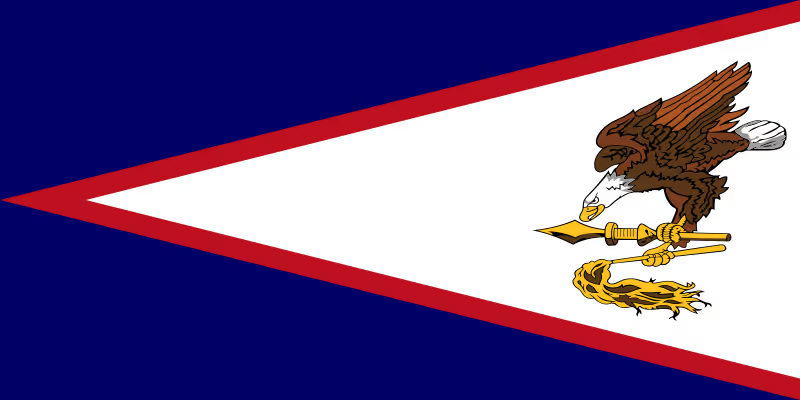
.png)
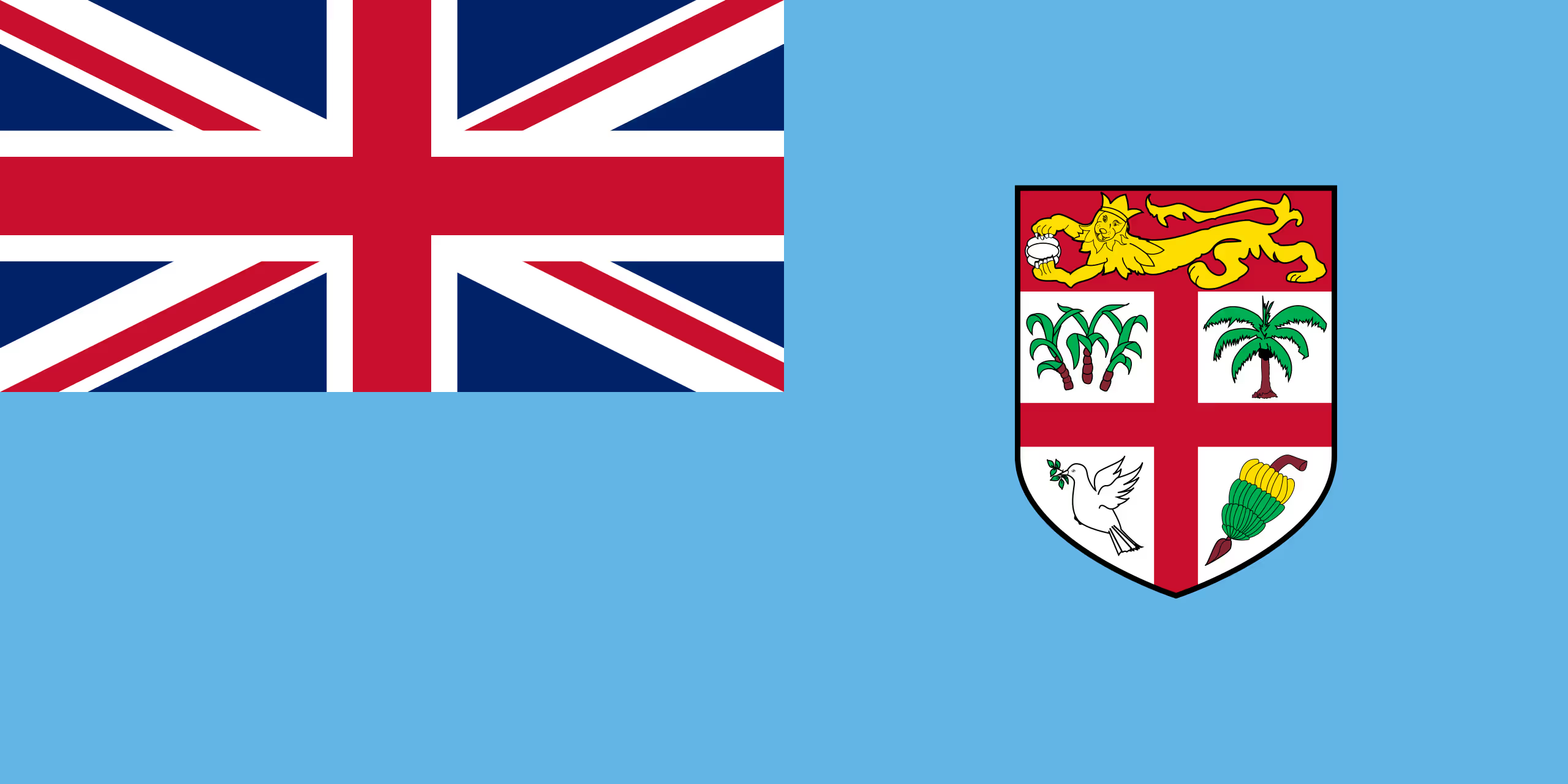
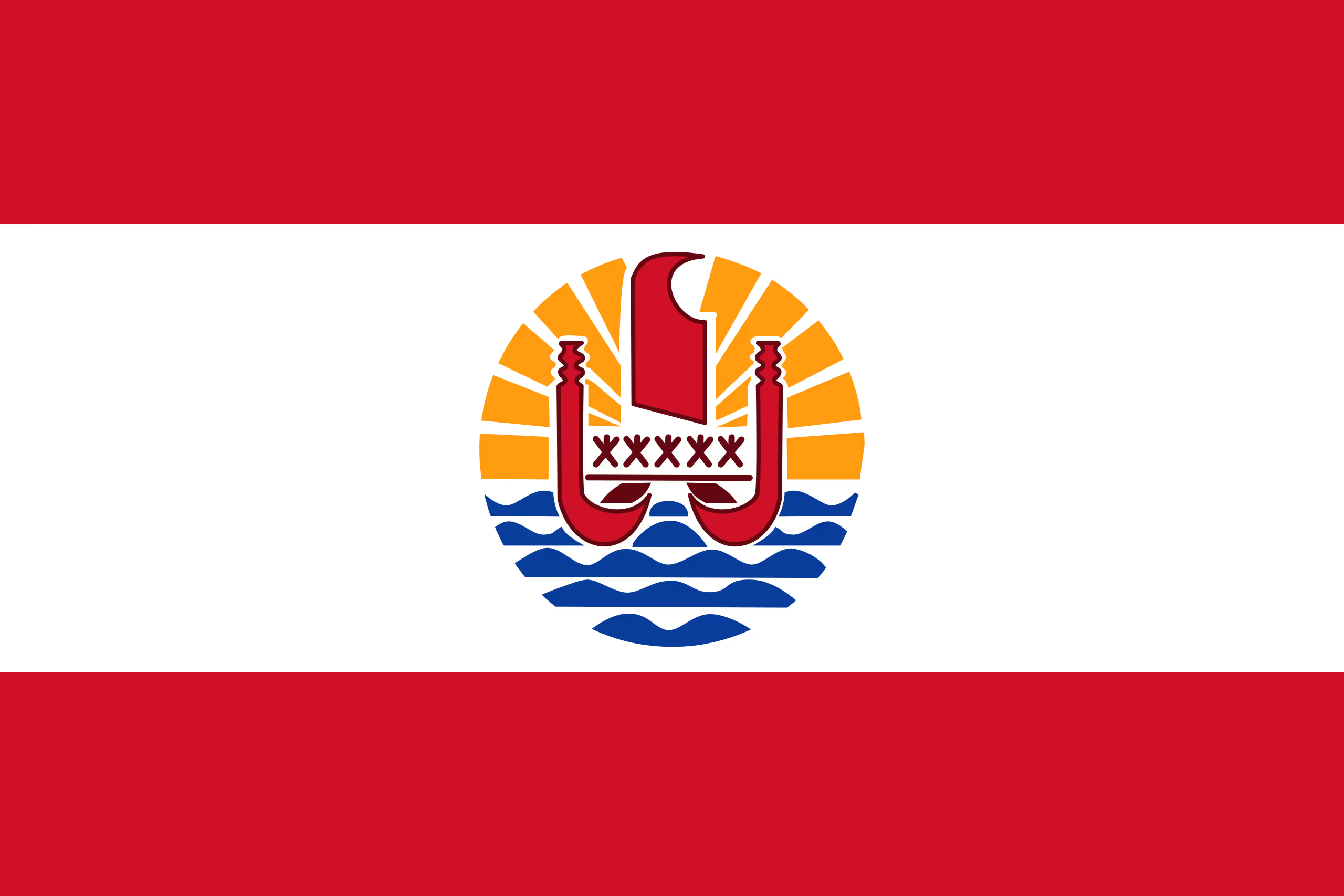
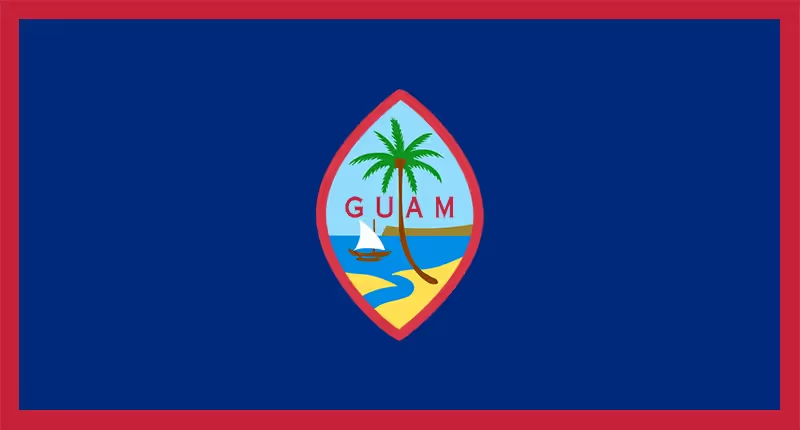
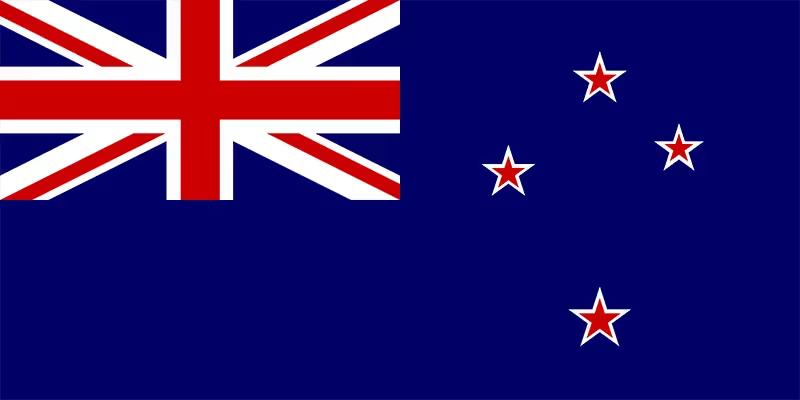
.avif)
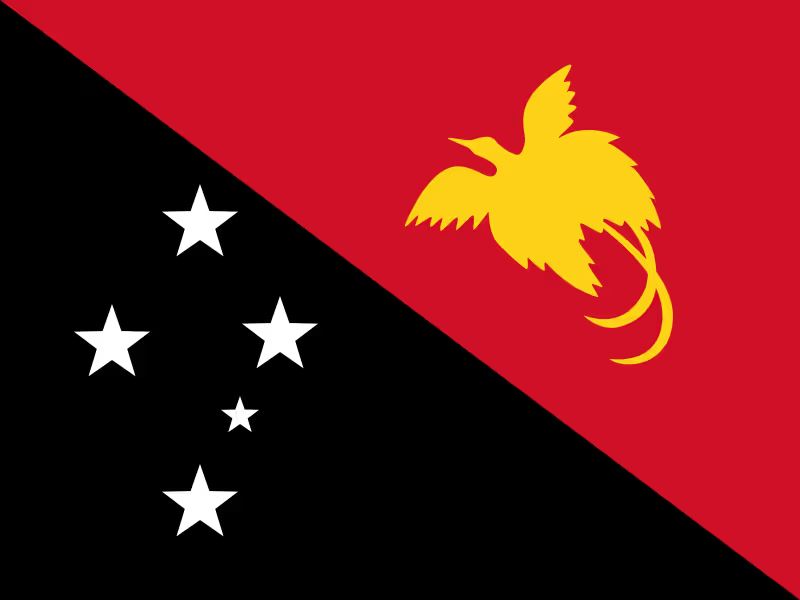
.png)
.webp)
